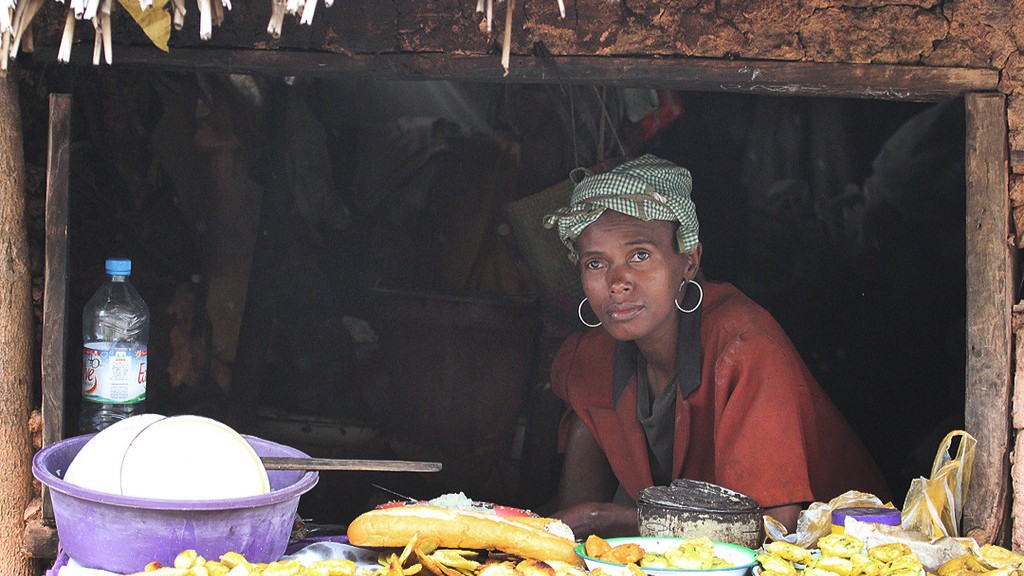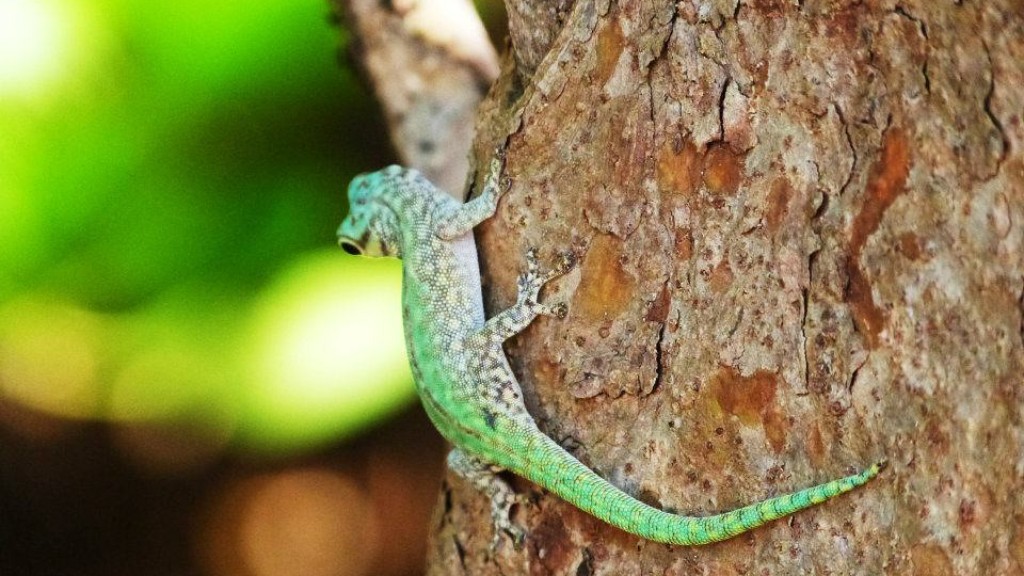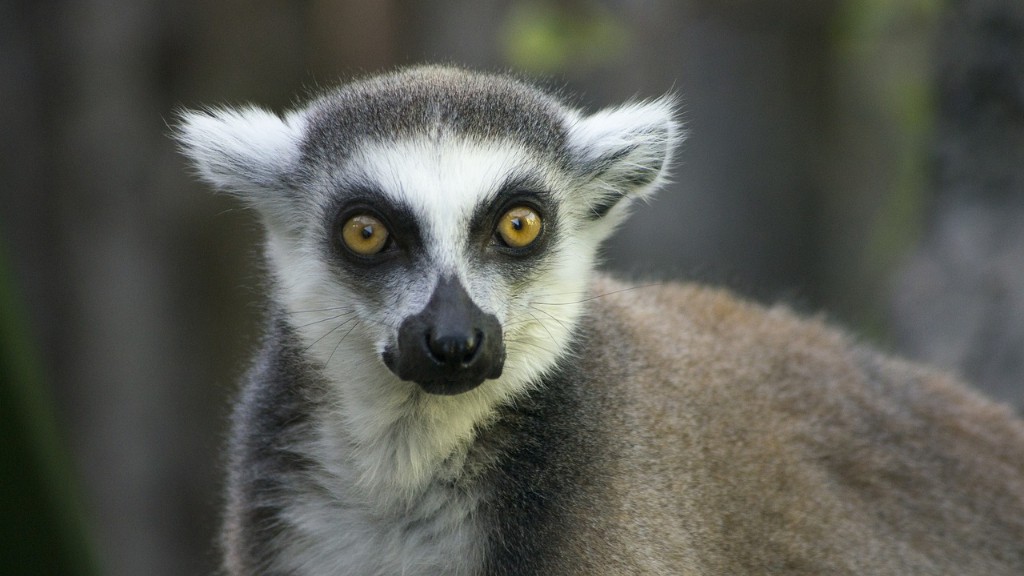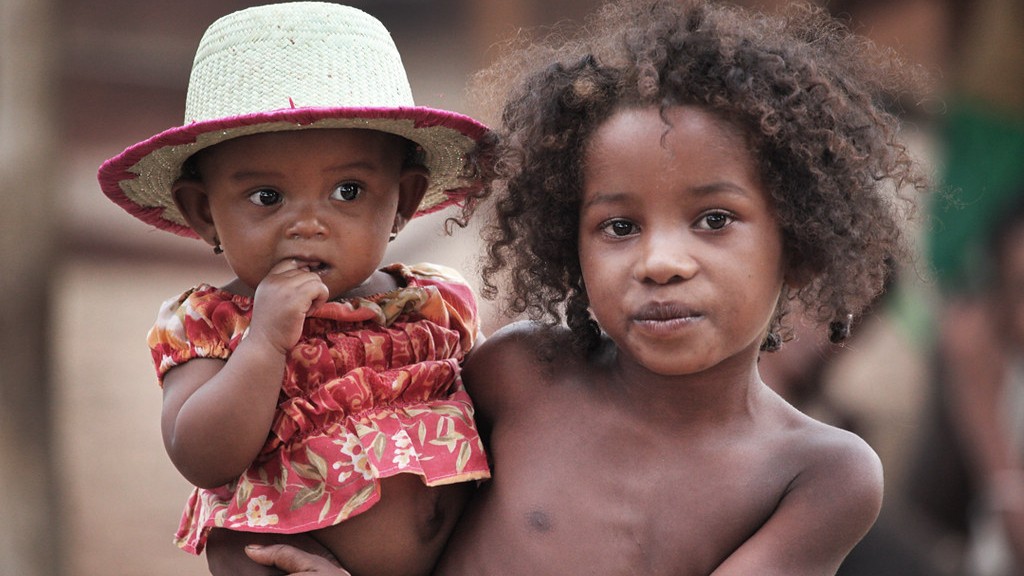How Many Languages are Spoken on the Island of Madagascar?
The island of Madagascar, located in the Indian Ocean off the southeast coast of Africa, is known for its rich cultural heritage and linguistic diversity. The main language spoken on the island is Malagasy, which belongs to the Austronesian language family. However, the linguistic landscape of Madagascar is incredibly diverse, with numerous other languages also being spoken.
According to linguists and experts, there are approximately 18 different Malagasy dialects spoken across the island. These dialects can be divided into two main groups: Eastern and Western Malagasy. The Eastern Malagasy dialects are primarily spoken in the southeastern region of the island, while the Western Malagasy dialects are spoken in the western and central regions.
In addition to Malagasy dialects, Madagascar is also home to various other African, Asian, and European languages. The most widely spoken foreign language on the island is French, due to the country’s colonial history. French is considered the second official language of Madagascar and is used in government, education, and business.
Other foreign languages spoken on the island include English, Hindi, Arabic, and Mandarin Chinese. These languages are mainly spoken by tourists, expatriates, or individuals who have connections with international trade and commerce.
Furthermore, it is important to note that the linguistic diversity of Madagascar is not solely based on different languages, but also on various dialects within those languages. For example, within the Malagasy language, the Sakalava dialect is spoken by the Sakalava ethnic group, while the Merina dialect is spoken by the Merina people. Each dialect has its own unique characteristics and vocabulary, adding to the overall linguistic richness of the island.
The existence of these diverse languages and dialects in Madagascar is a reflection of its historical and cultural background. The island has a complex history of colonization, immigration, and trade, which have contributed to the linguistic mosaic that exists today.
In conclusion, the island of Madagascar is home to a wide range of languages, including the various Malagasy dialects, French, and other foreign languages. The linguistic diversity of the island is a testament to its rich cultural heritage and historical background. Whether you want to immerse yourself in the beauty of the Malagasy language or explore the influence of foreign languages, Madagascar offers a linguistic experience like no other.
The Importance of Malagasy Dialects in Preserving Cultural Identity
While the Malagasy language as a whole is vital to preserving the cultural identity of the Malagasy people, the importance of individual dialects should not be underestimated. Each dialect carries with it a unique set of vocabulary, expressions, and cultural nuances that contribute to the overall tapestry of Malagasy culture.
However, it is crucial to note that some of these dialects face the risk of extinction. With the increasing influence of globalization and the dominance of more widely spoken languages, such as French and English, younger generations are often more inclined to adopt these foreign languages in their daily lives. As a result, native dialects are gradually being eroded.
Efforts are being made to address this issue and preserve the richness of Malagasy dialects. Organizations and initiatives, both within Madagascar and internationally, are working to document and revitalize endangered dialects. By promoting the use of these dialects in education, literature, and media, they aim to instill a sense of pride and appreciation for the linguistic heritage of Madagascar.
The preservation of Malagasy dialects goes beyond a linguistic matter; it is intrinsically linked to the preservation of cultural identity. Language acts as a gateway to understanding history, traditions, and collective memories. It is through a deep understanding of their native dialects that Malagasy people can truly connect with and celebrate their cultural heritage.
The Significance of French as a Lingua Franca
French plays a pivotal role in the linguistic landscape of Madagascar. As the second official language and a widely spoken foreign language, it serves as a bridge between different communities and promotes communication on national and international levels.
Despite its colonial history, French has become deeply ingrained in various sectors, including government administration, education, and the media. Many Malagasy people value French proficiency as it provides access to better education and employment opportunities within the country and beyond.
However, the dominance of French as a lingua franca also raises concerns about linguistic inequality. Proficiency in French is often associated with social status and opportunities, creating a divide between those who have access to quality French education and those who do not. As a result, some argue that the importance placed on French may overshadow the significance of native languages and dialects in maintaining cultural diversity.
It is important to strike a balance between the promotion of French as a valuable language for communication and the recognition and preservation of indigenous languages. By embracing both French and Malagasy languages, Madagascar can strengthen its cultural and linguistic diversity while ensuring equal opportunities for all its citizens.
The Impact of Foreign Languages on Tourism and Economy
Madagascar’s linguistic diversity not only enriches its cultural landscape but also has economic implications, particularly within the tourism industry. The ability to speak foreign languages, such as English, Hindi, Arabic, and Mandarin Chinese, can greatly enhance the experience of tourists visiting the island.
English, in particular, is highly sought after by many tourists, as it is widely spoken worldwide. Tourism operators who can communicate effectively in English have a competitive advantage in attracting international visitors and providing them with a personalized and enjoyable experience.
Moreover, the ability to speak multiple languages facilitates international trade and commerce, opening up opportunities for business and investment. As Madagascar continues to cultivate its trade relations with various countries, language skills become an asset in fostering successful partnerships.
Therefore, investing in language education and training in foreign languages can be seen as an investment in the economic growth and development of Madagascar. By equipping its citizens with language skills, the country can tap into new markets, attract more tourists, and strengthen its position on the global stage.
Maintaining Linguistic Diversity in a Globalized Society
As Madagascar moves forward in a rapidly globalizing world, the challenge lies in striking a balance between embracing the benefits of globalization and maintaining its unique linguistic diversity.
Language policies and initiatives need to be carefully designed to promote the preservation of indigenous languages while simultaneously ensuring access to the opportunities that come with speaking widely spoken languages. This includes incorporating native languages and dialects into formal education, providing resources for language documentation and revitalization, and promoting cultural appreciation and understanding.
At the same time, it is crucial to recognize the value of learning and speaking foreign languages to foster cross-cultural communication, enhance economic development, and expand horizons for Malagasy citizens.
Ultimately, the linguistic tapestry of Madagascar is an invaluable asset that should be celebrated and protected. Through proactive language policies and a commitment to cultural preservation, Madagascar can navigate the challenges of globalization while maintaining its unique identity and fostering a vibrant linguistic landscape for generations to come.





